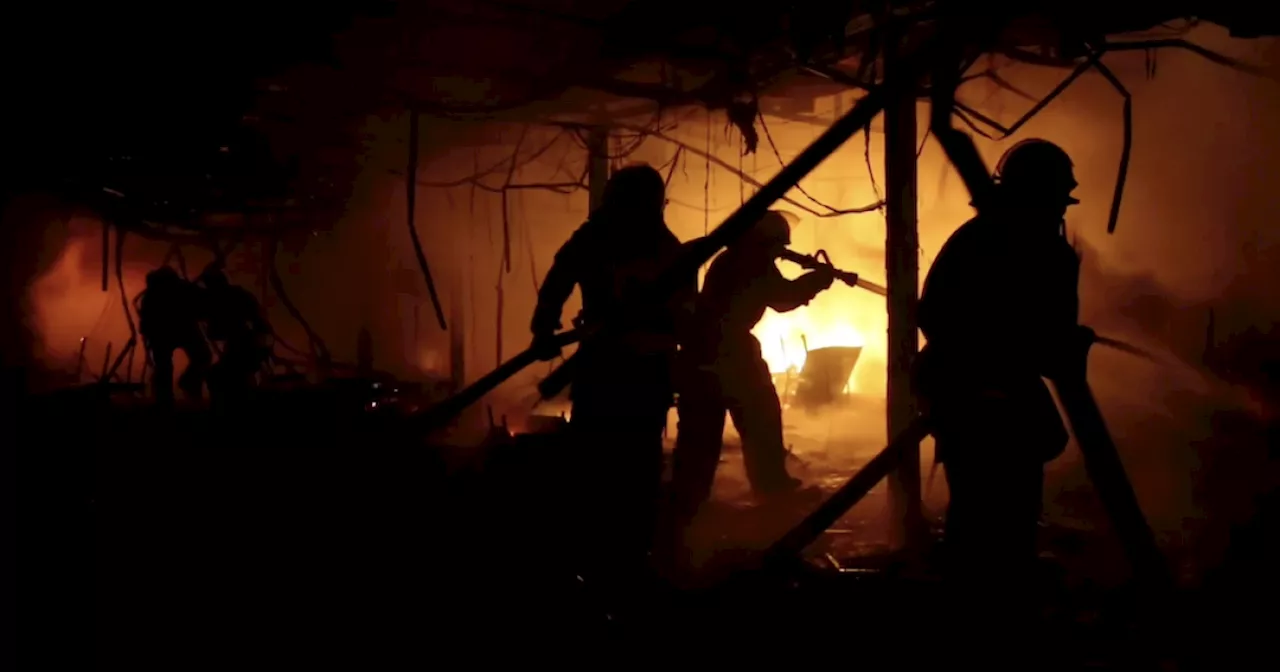A Tempe Fire captain died from a rare form of cancer, prompting discussions about the increased cancer risk for firefighters.
On Friday, first responders, friends and family mourned the loss of a Tempe Fire captain who died from a rare form of cancer. According to Tempe Fire, 39-year-old Captain Scott Leatham died from NUT carcinoma, a rare form of cancer that can grow anywhere in the body. He died on December 19. Firefighters are more at risk of developing cancer compared to the general public because of the hazardous chemicals they face on the job.
According to the CDC, firefighters have a 9% higher risk of being diagnosed with cancer and a 14% higher risk of dying from cancer than the general U.S. population. Tempe Fire said the cancer Leatham had was related to his work. Extensive research has continued over the years to look at the link between firefighters and their risk of cancer. The National Institute for Occupational Safety and Health is also currently enrolling firefighters into a registry to follow them and determine the rates at which they get cancer compared to people in the general population. Arizona State University and the University of Arizona received a $4 million grant from the Arizona Board of Regents in 2022 to help find ways to reduce the risk of cancer and cardiovascular diseases for firefighters on the job. Researchers are right in the middle of their project, collaborating with about 20 different fire departments across Arizona and a total of 1,000 Arizona firefighters and 1,000 firefighters from other states. Some Arizona fire departments participating include Phoenix, Tempe, Scottsdale, and Tucson. Jeff Burgess, a professor with the University of Arizona’s Mel and Enid Zuckerman College of Public Health and director of the Center for Firefighter Health Collaborative Research, said they’re looking at interventions from blood and plasma donations, exercise and intermittent fasting to see if they can reduce the levels of PFAS, per- and poly-fluoroalkyl substances or also known as “forever chemicals,” in a person’s body
FIREFIGHTER CANCER HEALTH RESEARCH SAFETY
